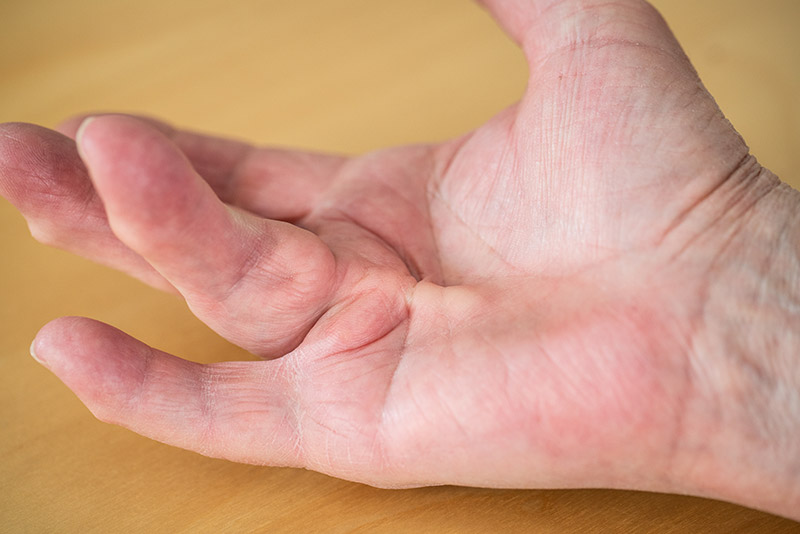Ally McCoist reveals he’s had two operations for incurable health condition, raising awareness about it while live on talkSPORT.
The 62 year old said that he’s suffered from Dupuytren’s contracture over the last few years, named after French surgeon Baron Guillaume Dupuytren and is often called ‘Viking disease’ as it is more common in men with northern European ancestry.
He said both his parents also suffered from the condition and that he’s already had two operations to straighten his fingers over the years but said the issue had come back, which is expected.
Ally gave an example of his the condition affects his daily life, in that it takes five minutes for him to send a text message on his phone as he often has to use just one finger.

Speaking on talkSPORT, the much loved pundit and commentator said: “I have got Dupuytren’s. It’s a hereditary thing where your fingers close in.
“I have had them done twice. I went to see the doctor and he said to me ‘Did your grandfather have it?’. I said ‘I don’t know’ because I never met any of my grandfathers, sadly they passed before I was born.
“I said to him ‘But my dad had it’. He lifted his head up and said ‘You’re unlucky because it normally skips a generation’. I said ‘That’s good news because I have got five boys’.
“My wee mum had it as well. My mum had it, my dad had it, it’s a hereditary thing.
“The bizarre thing with Dupuytren’s is when I went to see the doctor he said ‘I will operate on it but it will come back in roughly nine years’. And I swear to God nine years later it came back.”
He added: “I have seen myself sending a text message which takes me five minutes to text with one finger when I should just dial the number.”
It is thought that around two million people in Britain have some form of Dupuytren, with the cause unknown and it runs in families, worsens with age, affecting about 20% of over 65s.
The operation sees parts of the affected tendons cut away or removed completely.

The NHS website says the condition is where there is abnormal thickening of the skin in the palm of the hand at the base of the fingers, also causing 1 or more fingers bend in towards the palm.
There’s no cure, but your fingers can be straightened with surgery if it’s severe.
Dupuytren’s contracture mainly affects the ring and little fingers. It’s common to have it in both hands at the same time.
It tends to get slowly worse over many months or years. It’s not usually painful, but it can affect how one uses their hand.
Dupuytren’s contracture doesn’t usually need any treatment in the early stages, however if it’s severe and you can’t straighten your fingers or use the hand normally, a GP may refer the person to a specialist for treatment.
The specialist will explain what the benefits and risks of each treatment option are. They’ll tell you what to expect afterwards, including advice on exercises to do.
The finger may not be completely straight after treatment, and might not be as strong and flexible as it used to be.
The contracture could also come back after a few years.
There are 3 main types of treatment:
surgery to remove the affected tissue in the hand (fasciectomy)
using a needle to make small cuts in the affected tissue (needle fasciotomy)
surgery to remove the affected tissue and skin (dermofasciectomy)
Self-refer for treatment
If you have Dupuytren’s contracture, you might be able to refer yourself directly to services for help with your condition without seeing a GP.
To find out if there are any services in your area:
– ask the reception staff at your GP surgery
– check your GP surgery’s website
– contact your integrated care board (ICB) – find your local ICB
– search online for NHS treatment for Dupuytren’s contracture near you
Causes of Dupuytren’s contracture
Dupuytren’s contracture sees the tissue under the skin near the fingers become thicker and less flexible.
The exact cause is unknown, but it’s been linked to:
– having a family history of the condition
– smoking
– drinking lots of alcohol
– having diabetes or epilepsy
It’s still not known if you can prevent it or stop it coming back.













You must be logged in to post a comment Login